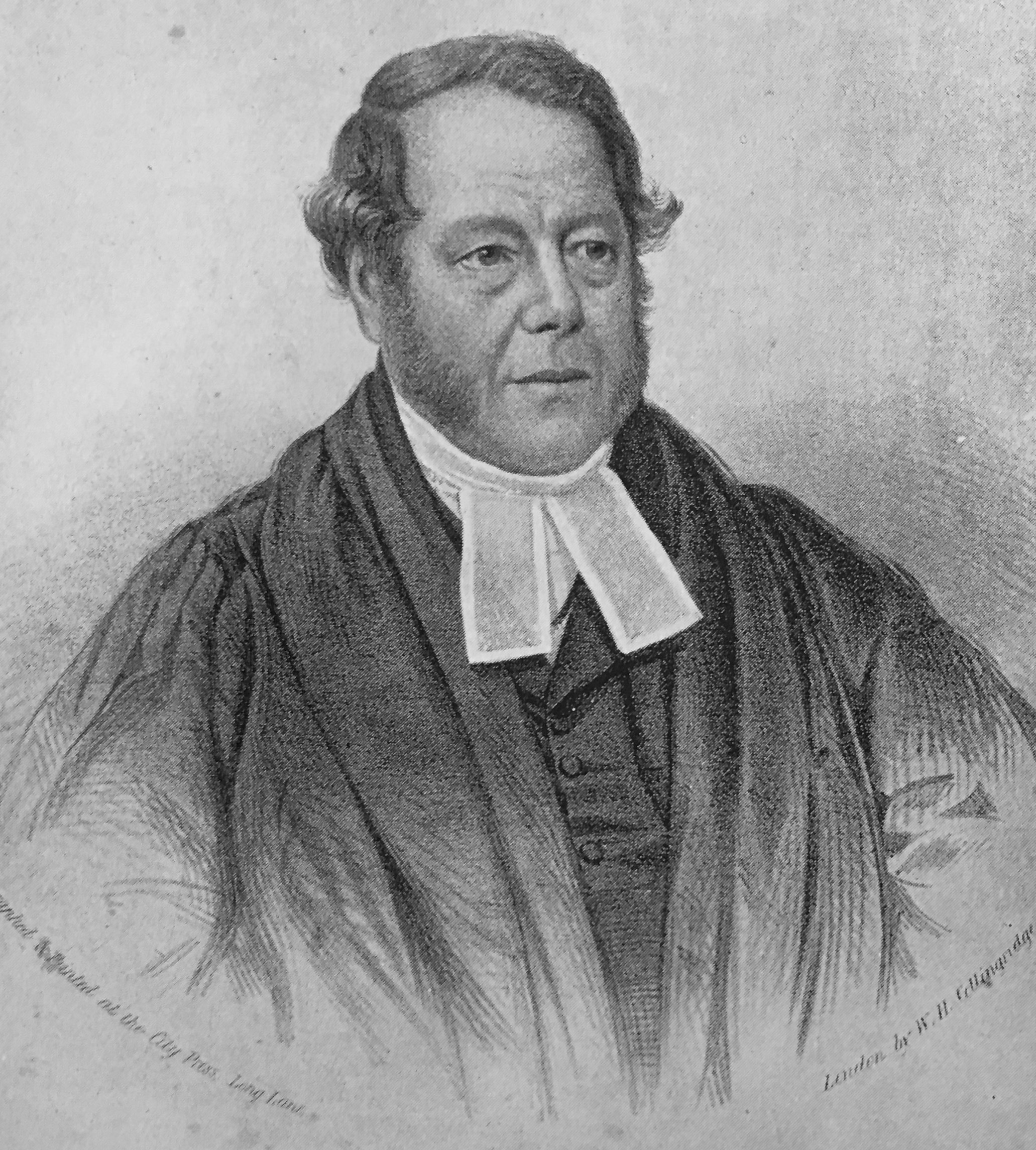
FAITHFUL sayings ought to be faithfully delivered; and if those who profess to be the servants of God would faithfully deliver this saying, "that Jesus Christ came into the world to save sinners," we should hear no more about His offering them salvation, or proposing salvation or putting them into a salvable state, and the like Popish nonsense. He "came to save sinners." Did He fulfil his errand - or did He not? Did He fail in His mission - or did He succeed? That is coming to the simple point of the question.
Well then, if I am to deliver this "faithful saying" - and I do not know that I shall have strength enough to deliver half-a-dozen sentences upon it - I must tell it as it stands; that as He "came to save sinners," He either failed in His mission, and left it unaccomplished, unfinished, partly done, or else He did it completely - and then there is nothing more to be done. I must come to the point. I cannot bear with half-way measures in the things of God. I never like them in the things of man - I never like them in matters concerning the world - but in the things of God they are quite in sufferable. It is either grace or works, as Paul has it - and if it be of one it cannot be of the other. If the salvation of sinners were entrusted to Christ, and if He has accomplished it, there can be nothing doubtful, nothing contingent, nothing uncertain; and if men will tell us that salvation depends upon repenting and believing, I will tell them that their assertion is false. Repenting and believing depend upon salvation, and not salvation upon repenting and believing.
From the last sermon preached by Joseph Irons, pastor of Grove Chapel, Camberwell, England -- 3/21/1852